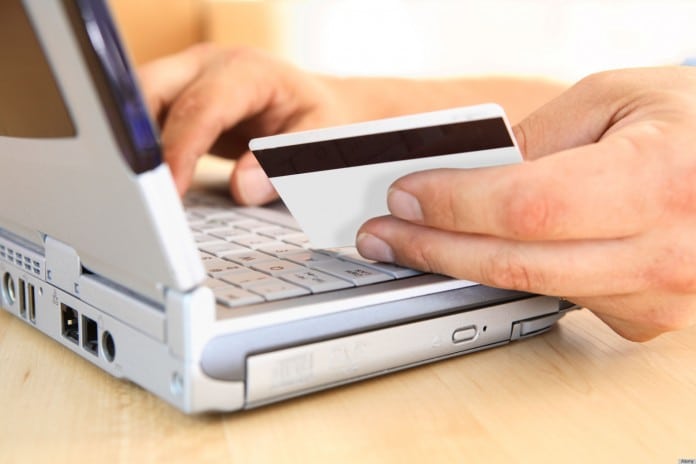
Facebook released a case study that says Facebook users in the Middle East and North Africa spend extra 57.6 hours using the platform during Ramadan. The traffic peaks around 3:00 AM, the study found. Overall, the usage of Facebook increases by 14.8% during the month of Ramadan, and by 36.9% at night.
It has been revealed that online purchases, mostly driven by mobile, increase overall by 43.2% during the month of Ramadan, and by 78% at night. Such companies as L’Oreal or fashion retailer Splash offer special deals during Ramadan, targeting Muslim countries.
Facebook has around 172 million mobile users in the region and aims to use this increase in visits to help brands reach more consumers.
Twitter has also disclosed that many users of the platform were going online to find special Ramadan shopping deals, besides regular tweets about daily routines, shopping, and health.
However, shopping online has its own dangers, such as theft of credit card information and hacking.
“Online shoppers should be careful about sharing their credit card information online if they are using an unprotected Internet connection,” said Marty P. Kamden, CMO of NordVPN. “Globally, almost half of consumers who shop online experience fraud. There are many ways online shopping can become hazardous to any user. For example, a shopping website may be a spoofed fraudulent website set up by hackers to steal data. Or the online store where one shops may not be using a secure encryption protocol to ensure that their customers’ details are safe during the payment process.”
In order to stay safe when shopping online, there are simple tips everyone should know about. NordVPN, a VPN service provider that helps secure online experience, advises to follow these simple steps:
1. https
The first thing you should always see while making an online payment is whether the payment gateway has an https URL. The ‘s’ in the URL means that it is a secure protocol and your data is encrypted properly.
2. Be wary
Being vigilant can help you a lot in the task of shopping online securely. Whenever a website requests for more information than is usually required, like your Social Service number or any other kind of personal information, it usually spells fraud. You should always be cautious before giving your personal or financial details anywhere on the Internet.
3. Stay away from public terminals
It cannot be stressed enough how dangerous it is to share your personal or financial information with any website or any person over the Internet while using a public internet connection. Public Wi-Fi networks are common hunting grounds for attackers and data snoopers who try to access your personal information and use it for their benefit at your expense. Since public networks have negligible security, you should try and avoid using them while making online payments. If you must make online transactions while using a public network, you have to use a VPN to stay safe.
4. Use a VPN
VPNs (Virtual Private Networks) encrypt the data you between your computer and the VPN server, virtually hiding your web browsing activity. They are the best security mechanism you can employ to make sure the data you share over the internet is safe from prying eyes and remains confidential. NordVPN is one of the most advanced VPNs on the market that uses the latest encryption protocols. From the moment a user turns on NordVPN, their Internet data becomes encrypted. It becomes invisible to third party snoopers or hackers.. Being based in Panama, which does not require data retention or storage, NordVPN keeps no user logs.
5. Stronger Passwords
Perhaps the most basic requirement for any online account set-up is using strong passwords. Weak passwords make it simple for hackers to break into your account and cause severe damage. It’s always advised to change passwords in order to stay safe online, and that means having to use a unique password for each site or account. 1Password allows a family to share passwords, credit cards, and other sensitive information. The app remembers everything, keeps the data safe and signs one into their favorite sites with one click.
The popularity of online shopping should not make consumers less cautious. The methods listed above can help anyone shop online securely. If something looks out of the ordinary and the deal looks too good to be true, it’s important to be very careful before clicking on suggested links.




































